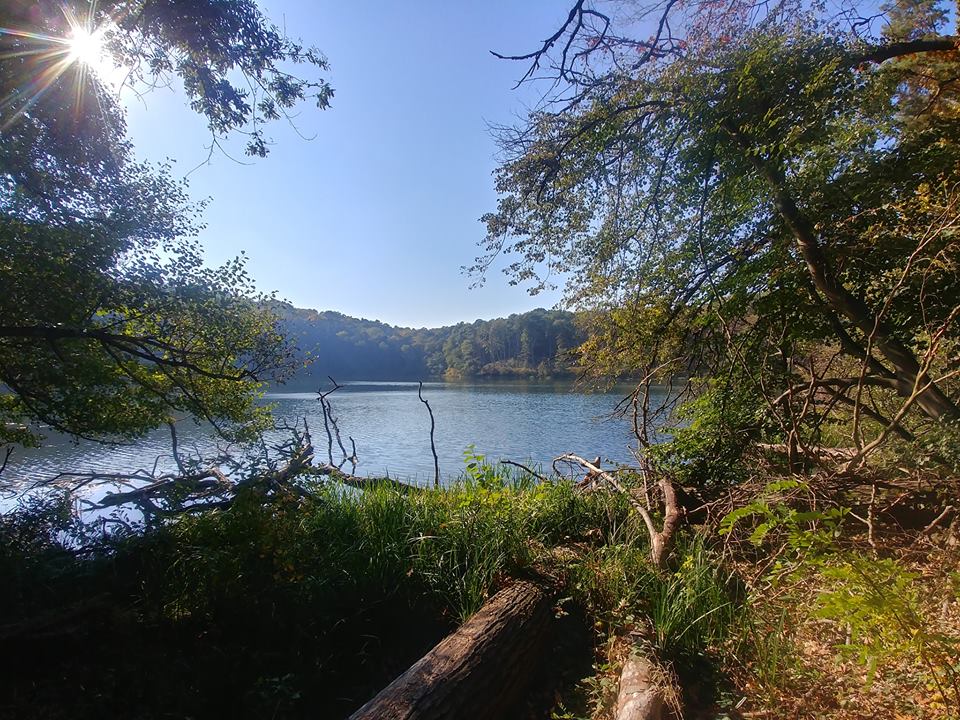Date: 6 December 2024 Author: Kevin Nowacki
Adam Wodziczko: A Polish Trailblazer in Nature Conservation
Adam Wodziczko is a distinguished figure whose contributions to Polish science, environmental conservation, and ecological awareness merit exceptional recognition.

Though his life spanned just 61 years, he made significant impacts in both the scientific and social spheres. While his actions may be seen as patriotic today, he likely regarded them as stemming from his profound sense of duty to his homeland’s natural heritage.
Adam Wodziczko was born in 1887 in Słotwina, Poland. Despite the harsh realities of partitioned Poland, Wodziczko’s youthful perseverance was remarkable. Graduating from the gymnasium in Jasło in 1906 was a notable achievement at the time, and his decision to pursue higher education at the esteemed Jagiellonian University in Krakow revealed both his courage and ambition. His academic background in the natural sciences then enabled him to acquire extensive knowledge in botany and plant physiology, which formed the foundation of his future scientific endeavors. His diligence and versatility, even as a young man, led to early professional successes––he earned his doctoral degree at 29 and became a professor just four years later.
What set Wodziczko apart was not only his profound expertise in botany but also the remarkable breadth of his intellectual pursuits. He was a botanist, military bacteriologist, academic instructor, ecologist, nature conservationist, and the author of over 200 scientific papers. In each of the cities where he worked—Krakow, Bydgoszcz, and Poznan—he made lasting contributions to science and education. He served as a microbiologist in the Austrian military during World War I. During the German occupation of Poland in World War II, he conducted underground teaching sessions in Krakow. Soon after the war, he returned to Poznan and vigorously set about rebuilding the scientific workshops destroyed by the Germans. He spearheaded numerous initiatives aimed not only at reconstructing Poland’s scientific infrastructure but also at advancing its development.
For Wodziczko, the preservation of nature was a lifelong passion. Beyond his scientific contributions, Wodziczko was a practitioner and visionary who believed in the integrated protection of nature, safeguarding landscapes, plants, and animals as a whole. His 1946 book, Na straży przyrody [On Guard for Nature], embodied these views and served as a source of inspiration for future generations of ecologists.
Wodziczko was the driving force behind the creation of three national parks in Poland: Wolinski, Słowinski, and Wielkopolski. The last of these held particular importance to him, as he deemed the forests and lakes surrounding Puszczykowo and Mosina worthy of protection, describing them as “the most beautiful corner of the Wielkopolska region.” He harbored a special fondness for Goreckie Lake, famously describing it as “renowned for its beauty.” Through his resolute determination and remarkable ability to garner the support of both officials and landowners, he succeeded in laying the groundwork for the protection of these areas. The
Wielkopolski National Park, established in 1957, after his death, owes its foundation to his visionary efforts.
From a contemporary perspective, it is evident that Adam Wodziczko was a true patriot. Though not solely motivated by national interests, his contributions significantly shaped Poland’s ecological identity. His efforts in nature protection were driven by a desire to safeguard the nation’s heritage and preserve its landscapes and natural resources for future generations. His work symbolized resilience against the hardships of his time. Establishing national parks, educating the youth, and rebuilding science after the war required not only expertise and commitment but also immense courage and determination. Wodziczko exemplified a practical form of patriotism—through his daily contributions to his country and its people.
With his exceptional diligence, versatility, and visionary outlook, Adam Wodziczko embodies the ideal of integrating science, a love for nature, and dedication to the greater good. His life and legacy illustrate what can be achieved with courage, passion, and an unwavering sense of duty to one’s homeland.
References:
· Zespół Szkół im. Adama Wodziczki w Mosinie [accessed: December 2, 2024]. Available at: https://www.zs-mosina.pl/wodziczko.html].
· Encyklopedia Leśna [accessed: December 2, 2024]. Available at: https://www.encyklopedialesna.pl/haslo/wodziczko-adam/].
_____________________________________
The „Dumni z Polski/Proud of Poland/Stolz auf Polen” project was funded by the National Institute of Freedom – Centre for Civil Society Development as part of the Government’s Youth Fund Programme 2022-2033.
Support Us
If content prepared by Warsaw Institute team is useful for you, please support our actions. Donations from private persons are necessary for the continuation of our mission.
All texts published by the Warsaw Institute Foundation may be disseminated on the condition that their origin is credited. Images may not be used without permission.














